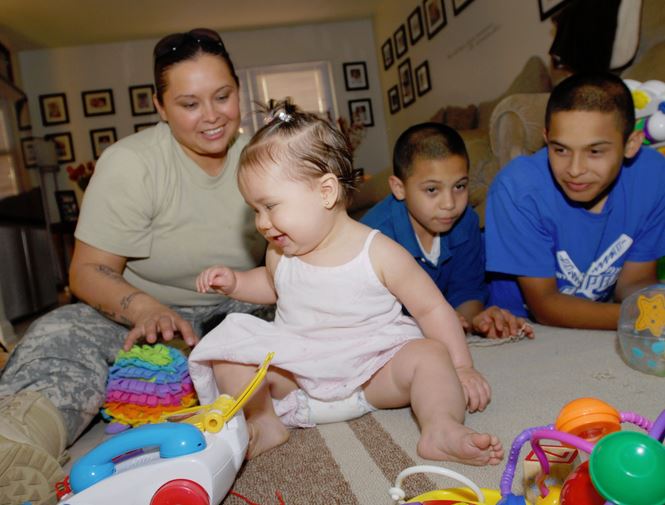 Most parents in Asia follow the things they have learnt from their ancestors while some learn from the new-age media. Such parents usually think it is hard to let their children go (no matter what their children’s age) and this is reflected How Childhood Education is implemented by most Asian Parents. Asian parents also are very religious in that they incorporate their religion into their child’s education, e.g., they may even use something akin to a Talmud software (like the Jewish faith has) to help in the dissemination of their beliefs.
Most parents in Asia follow the things they have learnt from their ancestors while some learn from the new-age media. Such parents usually think it is hard to let their children go (no matter what their children’s age) and this is reflected How Childhood Education is implemented by most Asian Parents. Asian parents also are very religious in that they incorporate their religion into their child’s education, e.g., they may even use something akin to a Talmud software (like the Jewish faith has) to help in the dissemination of their beliefs.
However, in the west, interaction and communication with educators, communities, and pediatricians more typically influence parenting styles. Mostly, independence begins from very young in the western households, and numerous parents always make sure that their children’s upbringing mirrors this unique personality. There lots of opportunity for education too, especially with Government Education Subsidies.
Strictness
This takes place all over the place and this is applicable to western and asian cultures although almost all people think that western parents tend to be more liberal. This might be true to an extent but there are some parents still apply their grounding and timeout rules on a regular basis. Even if the western parents vary in their level of monitoring, their seriousness to ensure discipline and obedience in their homes is still obvious in many situations.
Normally, however, Asian parents will apply stricter discipline and routines because of their much higher expectations for their kids. As success is very important, western parents usually look at different ways to raise up their kids. For this reason, they never push their kids but let them follow their interests (be it sports, music, academic, or others).
Having to leave home at age 18
The most notable difference is when the kid evolves into college students at around 18 years old – this is starting point for most western teenagers to stay away from their homes. In the United States, almost all parents anticipate their teenagers to leave house at this moment. This transition, from living in the house to having to leave for university or college, is important since many will find jobs and not come back to live with their parents thereafter.
With so many colleges or universities in the United States, some parents might find their children deciding to get into colleges/universities which are on the other part of the country. Such teenagers will go back to visit on the summer or holidays, but many will stay for 4 years to finalize their studies at the universities or colleges. Most parents in the United States consider their teens as independent at this moment; however this might not be the case in the perspective of the Asian parents. In contrast to the western culture, teenagers in the east typically live with their parents until they get married.
Playdates
Most parents in the west always let the kid to play with others. Usually, the playdates are organized among mothers who might not be associated with each other. Such unstructured play opportunities lead to kids to explore their environment. Many parents do not mind their kids enjoy playing in the mud or dirt on such playdates.
This playdates also can be found in Asian children traditions in which some mothers meet and talk when their kids play in a house or even outdoor environment. Nevertheless, Asian mothers will show hesitation about letting their kids play beyond the comfort zone. Usually, these mothers will not let their young kids to play in the mud and dirt, so they quickly clean up any dirt and mess.
